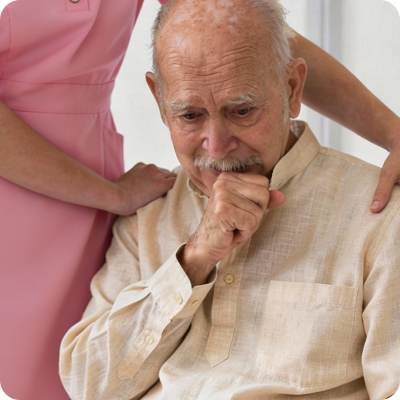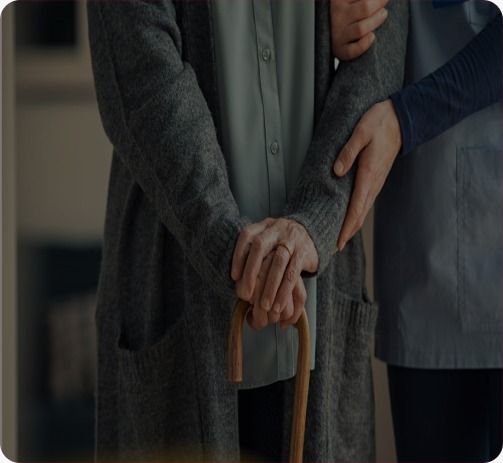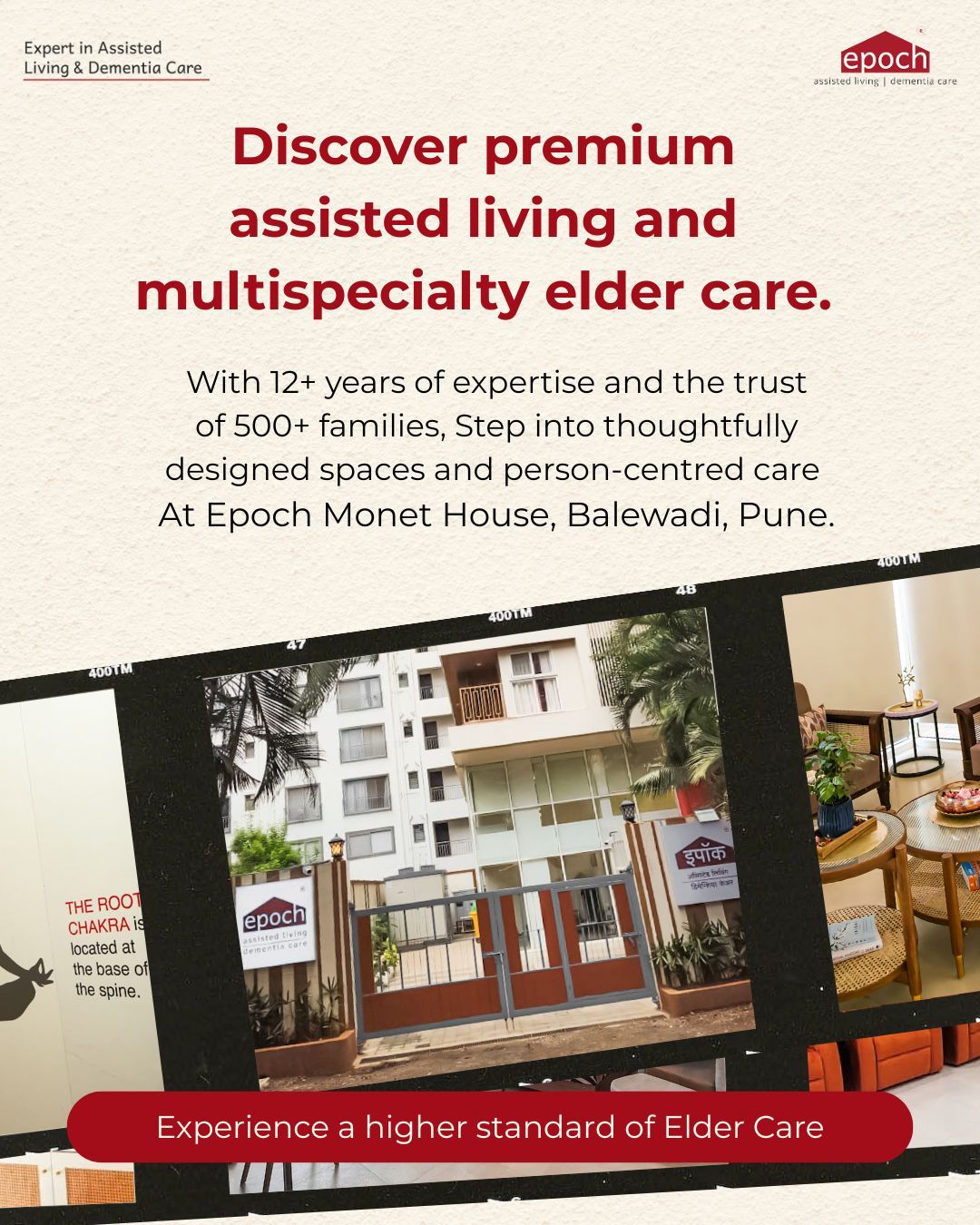What is Parkinson’s Psychosis? Hallucinations, Delusions & Safe Care Approaches
Team Epoch, Epoch Elder Care
Parkinson’s disease is most often identified by its movement symptoms: tremor, stiffness, and slowness. Yet for many individuals and families...


























